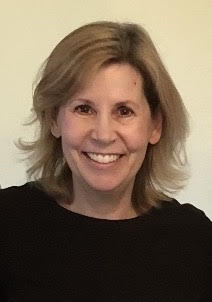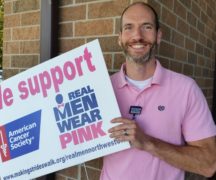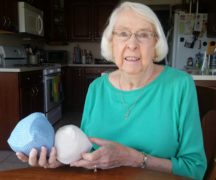By MARCIA LATTA
From OFFICE OF CONGRESSMAN ROBERT E. LATTA FIFTH DISTRICT OF OHIO
Cancer has impacted all of us, and we all have a story to share.
I’ll never forget the day a dear friend from college called to tell me she was diagnosed with breast cancer. She was in her thirties, and ultimately, she was unable to see her three children grow up because of it. While she lost her fight with breast cancer many years ago now, there isn’t a day that goes by that she isn’t missed by her family and friends.
October is Breast Cancer Awareness Month. Breast cancer is the most diagnosed cancer among American women; and this year, it is estimated that about 30 percent of newly diagnosed cancers in women will be breast cancers. According to the Ohio Department of Health, cancer takes one in four lives in Ohio, and in 2017, breast cancer was the leading cause of cancer incidence in our state.
As we watched our communities adapt during the COVID-19 pandemic, we saw how we live, work, and learn change. But that wasn’t all that changed. Instead of heading into the doctors’ office, telehealth made it possible to get care without leaving the house. This was especially important because other devastating illnesses and chronic conditions didn’t just disappear as COVID-19 swept through our communities and took innocent lives. Cancer may not have been in the spotlight, but this ruthless disease continued to cut lives short. Alarmingly, breast cancer is now the most common cancer globally as of this year and accounts for 12% of all new annual cancer cases worldwide, according to the World Health Organization.
Even with telehealth capabilities more readily available, a Prevent Cancer Foundation survey found that nearly one third of women did not schedule a breast cancer screening during the pandemic. They also report that this year, more than 268,600 women and 2,600 men will be diagnosed with invasive breast cancer, and more than 42,260 people will die from the disease. If diagnosed early and treated before it spreads, the five-year survival rate for breast cancer is 99%.
Once my friend lost her fight with breast cancer, it was a wakeup call for me to start doing the personal monthly self-exams. Early detection saves lives, and it is up to you to make sure you are getting screened when possible. Mammograms are especially important as you get older and your chances of developing breast cancer increase. I just had mine last week. Additionally, doctors or nurses can conduct clinical breast exams, and you can perform a self-exam to feel for any lumps, pain, or change in size. Talk to your doctor to learn what is best for you.
While wearing pink and posting on social media during October is an effective way to honor those who are survivors of breast cancer and remember those who lost their battles, let’s join together this month and every month moving forward to help promote screening and early detection so that we can stop breast cancer from taking our neighbors, friends, and family.



